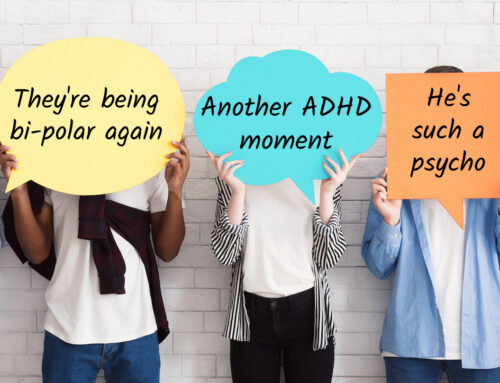Physical Activity in Children
Staying active through exercise is not only important for physical health, but also helps reduce stress and improve mood for people of all ages. Exercise is particularly important for children and teenagers. According to the CDC, children who exercise have lower rates of obesity, anxiety, stress, and reduced risk of health problems later in life. Exercising in childhood also helps build lifelong healthy habits. The CDC recommends that children and teenagers get at least one hour of physical activity every day.
In fact, exercise may have an even broader positive impact on children. Recent research published in Pediatrics found that physical activity may reduce executive functioning challenges in children. Hillman and colleagues (2014) had children ages 7-9 years complete an after-school physical activity program for nine months. At the end of that time, the children demonstrated not only improved physical fitness but also reduced impulsivity and greater cognitive flexibility, compared to children who had not participated in the intervention. The researchers noticed that the children with the most consistent attendance to the physical activity program exhibited the greatest improvements in cognitive flexibility.
These results suggest that regular physical activity can lead to significant improvement in executive functioning skills in children. For children with ADHD who have deficits in executive functioning skills, increasing physical activity can be a helpful addition to other treatment modalities such as medication and therapy. Unless children have physical limitations, exercise is a very safe and accessible intervention with no side effects. For all children, regular exercise is essential to improve physical health, reduce stress, and promote executive functioning skills.





